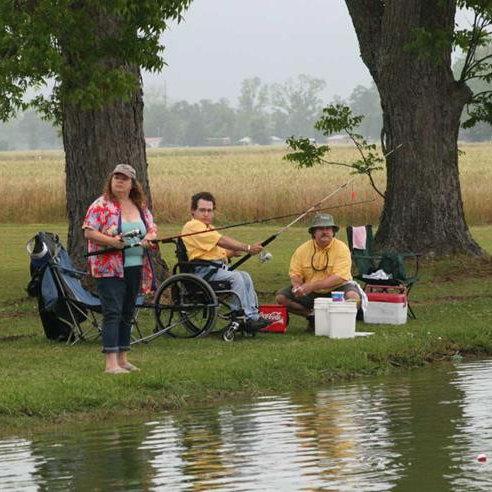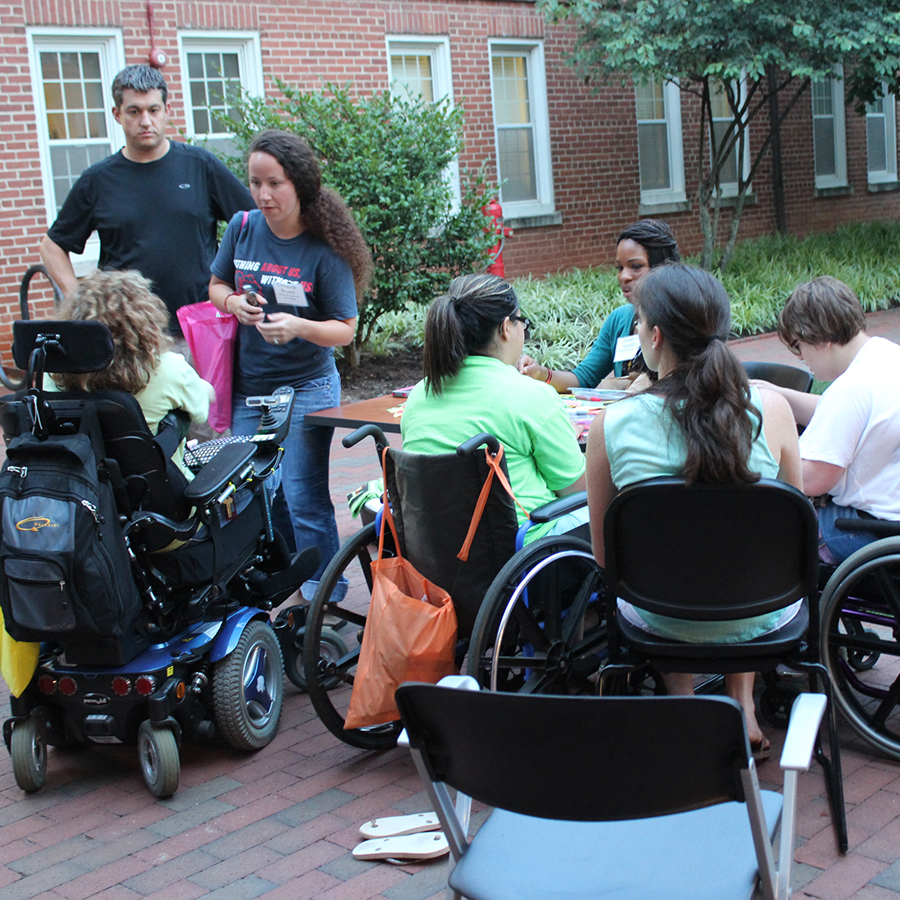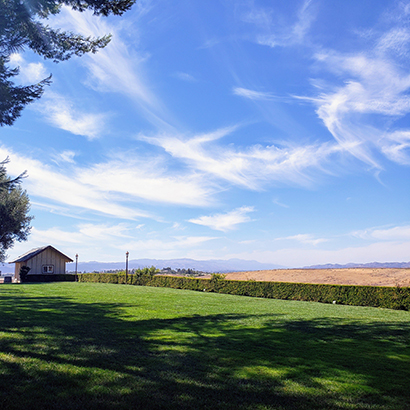Our Approach
Research that Leads to Solutions for Rural Americans with Disabilities
The Unique Landscape of Rural Community Environments
 RTC:Rural focuses our research on disability in rural America because we understand that the needs and opportunities of people living in rural communities can be very different than those in urban areas.
RTC:Rural focuses our research on disability in rural America because we understand that the needs and opportunities of people living in rural communities can be very different than those in urban areas.
Rural landscapes dominate American geography. Rural areas account for 72% of the total landmass of the United States and approximately 45 million Americans live in these areas (OMB, 2015). While rural Americans account for only 14% of the total US population, they represent a higher share of people who live in poverty, have a disability, and are elderly.
Americans living in rural areas typically:
- rely on services that are more informal and less specialized
- must travel farther and pay more for those services
- tend to receive lower quality services than their urban counterparts
These factors intensify the experience of aging and disability, and illustrate the need to address the unique rural challenges to acquire services and supports.
A Community-Based Approach to Disability Research
 RTC:Rural studies the interactions between personal and environmental factors that influence the rural disability experience in the National Institute on Disability, Independent Living, and Rehabilitation Research (NIDILRR) priority areas of health, community living, and employment.
RTC:Rural studies the interactions between personal and environmental factors that influence the rural disability experience in the National Institute on Disability, Independent Living, and Rehabilitation Research (NIDILRR) priority areas of health, community living, and employment.
We incorporate the first-hand experiences of rural people with disabilities to develop evidence-based solutions that respond to their unique needs. We tailor our methods to rural environments and the systems disability consumers and stakeholders use. By engaging stakeholders in our research and development activities, we ensure that the solutions we produce are relevant, appropriate, and meaningful for rural people.
Finally, we work to educate policy makers to foster broad adoption of effective solutions.
